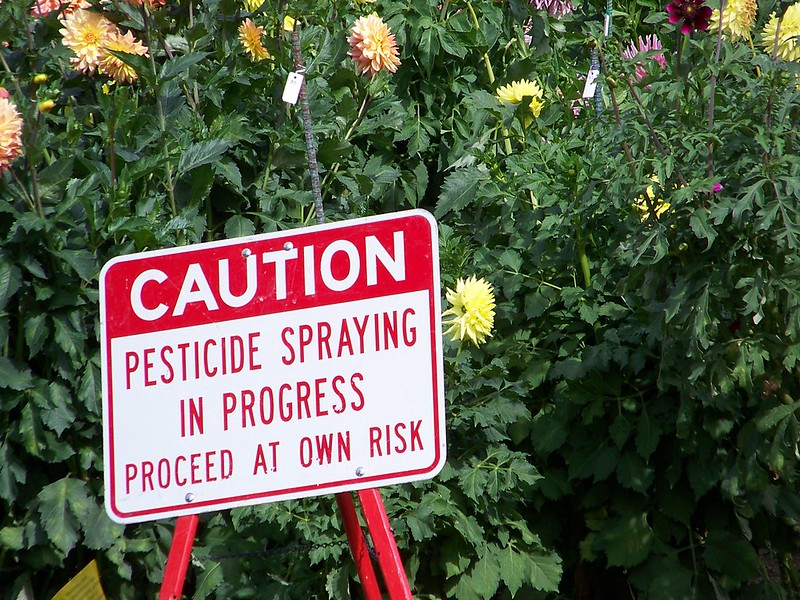Artificial Intelligence (AI) is among the new methods emerging as the agricultural industry looks to find sustainable alternatives to traditional pesticides being used by farmers to address environmental and health concerns. This demand is also being supported by regulatory pressures and lawsuits, most notably Bayer AG’s USD$11 billion settlement deal over claims its long-used glyphosate herbicide causes cancer.
—
What is Happening?
- Switzerland’s Syngenta AG has partnered with Insilico Medicine to use its deep-learning AI tools to produce sustainable weedkillers. Scientists could use AI to design molecules used in crop-protection tools that are more sustainable and environmentally friendly than what is currently available.
- This is being done in a bid to curb the use of glyphosate, an effective weed killer but harmful to humans and the environment. Unfortunately, the near 50-year old chemical compound remains the top first-line defence for many farmers, but weeds are developing a resistance to it, calling for the development of new and effective alternatives, but with the chance to make it less harmful.
- Mounting pressure from regulators over the use of chemicals, and consumer demand for sustainable products is driving this shift. Further, extreme events such as swarms of locusts that last year decimated crops throughout parts of Africa, the Middle East and Asia, make the development of such sustainable pesticides using AI all the more crucial.
You might also like: What Are Debt-For-Nature Swaps & How Can They Be Used to Address Countries’ Climate and Debt Crises?
Camilla Corsi, head of crop protection research at Syngenta, says, “The replacement for glyphosate is the biggest challenge of our industry and we have invested a lot over many years trying to answer the question of what comes next. AI is one of these technologies that could provide a breakthrough.”
- This backlash against traditional pesticides is encouraging collaboration between chemical and biotech companies using. Syngenta, for example, has been investing in biological solutions using everything from microbes to insect sex pheromones to combat fungal infections and pests. Last year, Chief Executive Officer Erik Fyrwald said that the company wants to retreat from conventional chemicals into products less toxic to humans and more resilient to climate change.
- FMC Corp. also wants to expand in biological solutions. The Philadelphia-based company has partnered with Denmark’s Novozymes A/S, which produces microbes that target pests.
- Unfortunately, while these are encouraging developments, it will likely take years for new innovations to reach the market without a change in the regulatory environment, which is currently seen as a bottleneck for new products.
Featured image by: Flickr

















